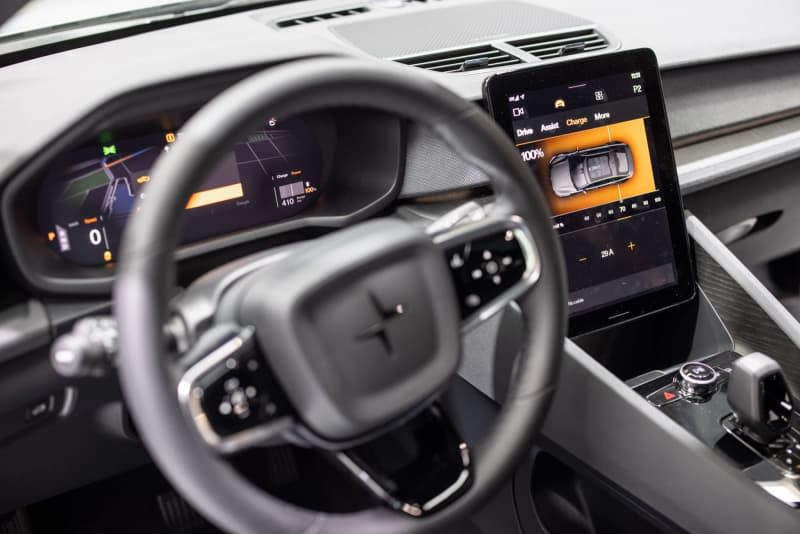Polestar and StoreDot develop record breaking charging time for EVs

Polestar and extreme fast charging company StoreDot have developed battery technology that enables a charging time of 10 minutes.
In a recent experiment, a Polestar 5 with a 77 kWh battery pack was charged using StoreDot’s extreme fast charging high energy silicon-dominant battery cells.
The advantage of silicon-based cells is that they have the ability to push both energy density and charge rates for several battery generations to come – with the technology constantly improving.
The vehicle went from having a 10% charge to 80% in 10 minutes. A consistent charge rate of 310kW – alongside a peak rate of 370kW – made it one of the fastest charges ever for an EV – with all temperatures, voltage and charged capacity monitored throughout the process.
Dr. Doron Myersdorf, CEO of StoreDot said: “We’re happy to see our partner is among the first EV car makers to acknowledge that XFC is now a necessary standard to make vast EV adoption a reality. With our extreme fast charging technology, you can add 200 miles in under 10 minutes.
He added: “This breakthrough revolutionises EV ownership experience by eradicating the barrier of range anxiety once and for all. Drivers can now truly travel long distances with the same freedom and convenience as traditional petrol-powered vehicles.”
By improving the charging speeds of EVs to similar filling times of internal-combustion engines could help speed up the transition to electric vehicles.
Thomas Ingenlath, CEO of Polestar commented: “This technology will reshape consumer expectations and accelerate mass EV adoption by making EV ownership a seamless experience for the mass market.”
Storedot still has plans to reduce charging times even further by delivering 100 miles of range in five minutes by this year – while by 2026 to reduce it to four minutes and even further still to three minutes by 2028.

